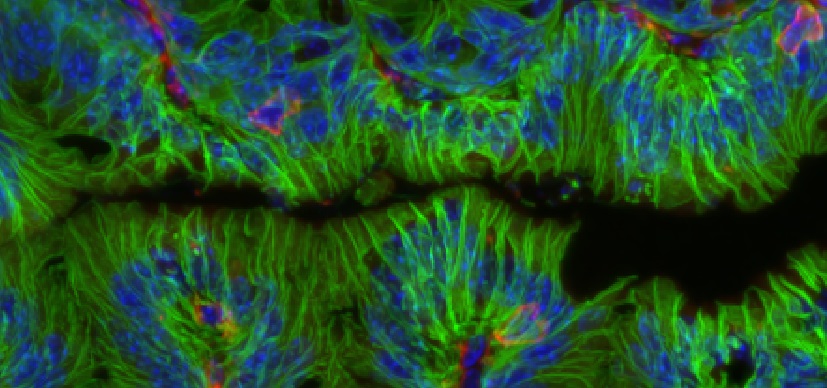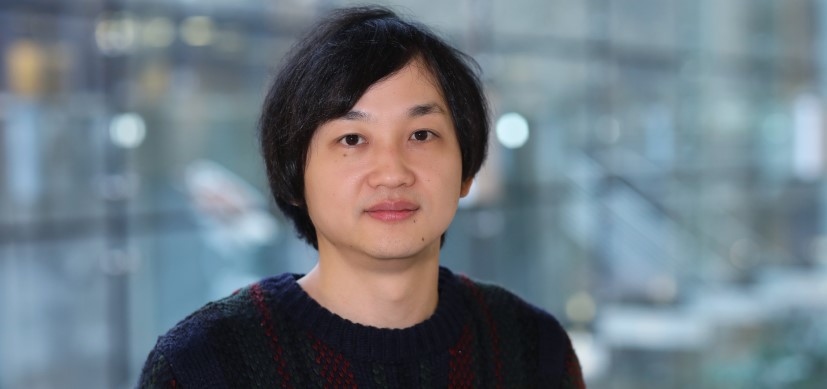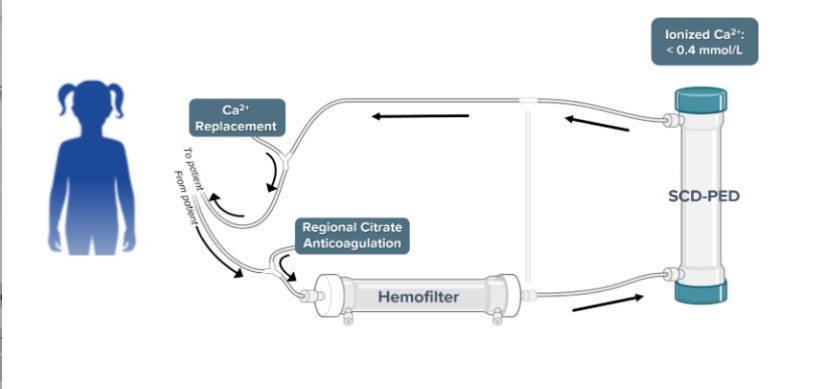Tissue Healing in the Gut Depends on Help from Friendly Bacteria
Research By: Theresa Alenghat, VMD, PhD
Post Date: July 30, 2020 | Publish Date: July 30, 2020

Findings published in Nature suggest new approaches for treating inflammatory bowel diseases
The “good” bacteria living in our guts do much more than help us digest food and build up our immune systems, some bacteria also play a vital role in helping heal damaged intestinal tissues, according to a surprising study published online July 30, 2020, in the journal Nature.
Most immediately, these findings could lead to new methods to repair tissue damage among people suffering from inflammatory bowel diseases such as Crohn’s disease and ulcerative colitis. Longer term, the study opens doors to a wide range of potential ways to improve health by controlling the balance of bacteria living inside us and the products these bacteria make.
“This finding is surprising in part because it illustrates how sensitive our health is to constant interactions with organisms that normally live in our bodies. If we can influence these interactions, we may be able to control many diseases that are impacted by our microbiome or diet.”
Read more in our Newsroom
| Original title: | Microbiota-derived metabolite promotes HDAC3 activity in the gut |
| Published in: | Nature |
| Publish date: | July 30, 2020 |
Research By






